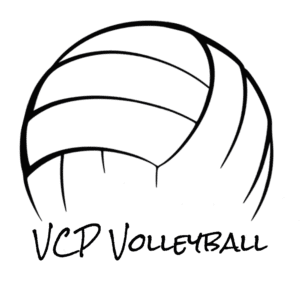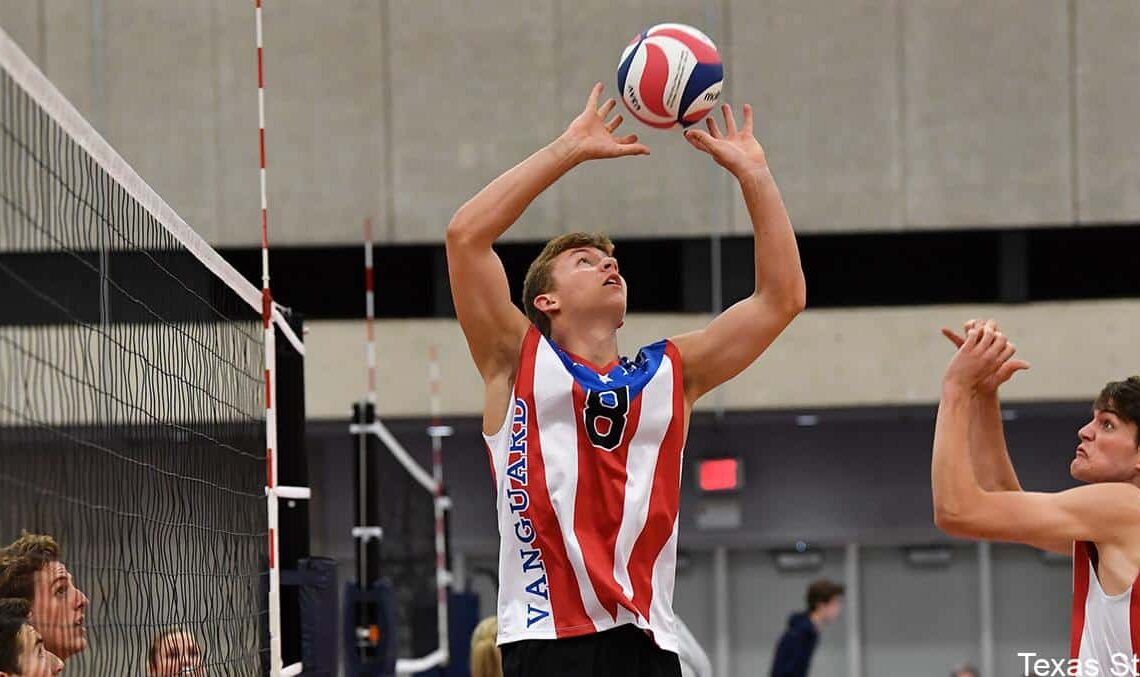USAV 9.3.4 DOUBLE CONTACT: a player hits the ball twice in succession or the ball contacts various parts of his/her body in succession.
While this has been debated for some time, there has been a lot more talk over the last two years about whether or not doubles should be called at the Juniors level of volleyball.
Why is this so controversial?
It sounds obvious enough. There were two consecutive contacts, therefore a double should be called. Part of the problem is that there has been a lack of understanding of what should be called a double. And it’s also difficult to see most doubles because they happen so quickly. You would really have to get a slow-mo camera to see if the double actually takes place.
Many people believe that a double should be called just because there is spin on the ball but spin does not mean there was double contact. A person can make a ball spin with one finger if they wanted to.
Looking at the USAV rule, there is no mention of spin on the ball. A referee can only make the call by actually seeing the two contacts in succession. It cannot be assumed and it cannot be based on the spin of the ball.
Another issue we have seen with doubles is the lack of consistency from referees in calling doubles. Each referee has their own perspective and each referee has their own interpretation of the rules. We’ve all that one ref that calls ALL of the doubles and we’ve also had the ref that called NO doubles.
The Case FOR Calling Doubles
- It teaches players to better the ball. When a double is called, it let’s a setter know they need to fix their mistake and work on having cleaner hands.
- If we stop calling doubles, we’ll just end up playing “jungle ball”
- It gives an unfair advantage to the team who is doubling the ball.
- Players will never learn the proper way to set a ball
The Case AGAINST Calling Doubles
- It doesn’t teach the player to better the ball. It’s difficult to learn a skill during a match if the skill is not really there to begin with. Unless the referee is going to come off the stand and show the player what they did wrong, then the player isn’t actually going to learn anything, especially at lower levels.
- Setters don’t usually know (or feel) that they made double contact. Any time a double is called, you will more than likely see a confused Setter. I have only played Setter a few times and when a double was called on me, I had no clue why they called a double. It didn’t feel like a double. And because I…

